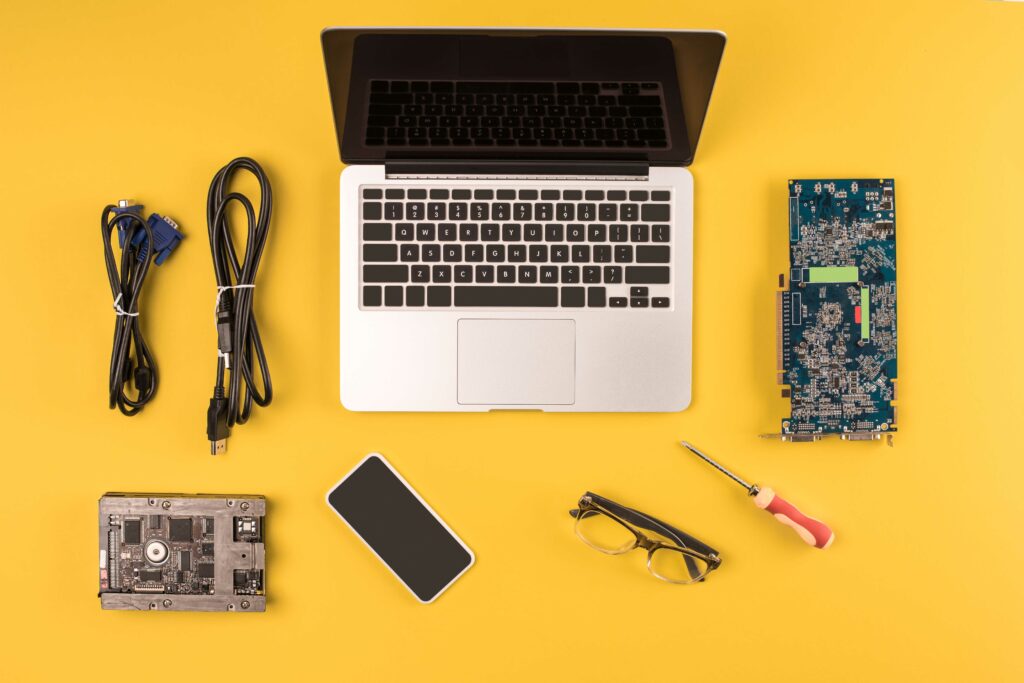What do you usually do with that old phone that has been replaced and doesn’t have any use for you anymore?
If you have answered “nothing”, you are not alone. Most people don’t actually properly dispose of their old phones – or any other electronic device – and instead toss them into drawers not to be used again. In the worst cases, these old devices end up in regular waste bins, mixing up with regular trash, fueling a growing environmental problem called “e-waste”.
As technology developed, e-waste has increased bringing along a range of environmental, social, and economic problems. E-waste has become the fastest growing waste stream in the world, and in 2019 alone, 53.6 million metric tons of e-waste were generated globally, and only a tiny fraction of it is being properly disposed of or recycled. The demand for more raw materials has enormous consequences for the environment, contributing to, among other things, climate change.
To help tackle this problem, UN CC:Learn partnered up with UNITAR’s Sustainable Cycles (SCYCLE) Programme to develop the “How to Prevent E-Waste” e-course. This 2-hour, free and self-paced e-learning course aims to provide individuals with practical solutions to tackle the e-waste crisis. In 4 modules, learners will discover how e-waste can be a source of valuable components that can be recycled, reused, or repaired, and what they can do to support the shift from the currently linear production and consumption model towards circular economy and society.
By the end of the course, learners will be able to:
- Discuss what electronic waste is and the diverse impacts it has
- Describe the role individuals, companies, and authorities play in reducing e-waste
- Identify ways for consumers to support circularity, including by influencing industry players and lawmakers
- Highlight individual and community actions to tackle and prevent e-waste.
The course aims to inspire, as much as educate. It dares learners to co-create a better tomorrow through individual and joint action.
Upon completion of all the activities of the course, learners are awarded an official UN CC:Learn certificate.


